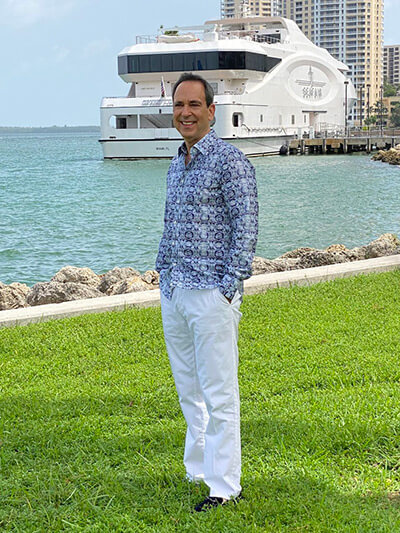Eleventh Circuit Court of Appeals Reverses District Court Decision Granting Summary Judgment in Case where Child Fell from Cruise Ship Guard Rail
The 11th Circuit Court of Appeals reversed yet another summary judgment granted by the District Court in a cruise ship passenger case for negligence. In this particular case a minor child fell from a guard rail to the deck below, resulting in serious head injuries. The exact manner in which the fall occurred is not clear, either as the child fell through an opening in the railing or climbed up and over the railing. There were two versions from the witnesses.
The trial judge granted summary judgment on the basis that the cruise ship company lacked notice of the risk-creating condition, here a guard rail that children could climb over or climb through and get injured. The lack of notice argument is routinely relied upon by the cruise ship companies when sued for negligence and personal injury by a passenger. Under the general maritime law, it is not enough to argue that the cruise ship company created the condition. In order for the cruise ship company to be liable for negligence for the presence of an unsafe or dangerous condition, plaintiff must prove the cruise ship company had notice, actual or constructive, of the risk-creating condition. This typically requires evidence of prior substantially similar incidents, which often times is difficult to show prior to filing a lawsuit.
In this particular case, the nature of the unsafe condition and the dangers associated with the guard rail did not require proof of prior incidents. Instead, the proof was that Carnival was on notice of the safety risks associated with the guard rail and the importance of guarding against child climbing over it or through it resulting in serious injury or death. There was not a risk- creating condition for which Carnival could argue that they had no notice of such a danger. Carnival actually admitted that the guard rail could be a danger to children and that the particular guard rail here did not actually have additional safety measures implemented to prevent such an occurrence.
Another issue the 11th Circuit addressed was that Carnival argued that the risk-creating condition, here the guard rail, was an open and obvious condition that they had no duty to warn Plaintiff about. The 11th Circuit Court of Appeals again emphasized the law that the cruise ship company only has a duty to warn of conditions that are not open and obvious. Although here it may be considered open and obvious, the Court reversed the trial judge’s determination granting summary judgment on a failure to warn theory on a different basis process. It concluded that Carnival had not timely raised the issue below to give the Plaintiff an opportunity to respond.
In formulating its opinion, which included citing to the expert hired by the Plaintiff in the case, it is surprising that the trial judge would conclude lack of notice of the risk-creating condition. The facts, which have to be viewed in the light most favorable to the Plaintiff when deciding a summary judgment, showed Carnival was in fact aware of the dangers of guard rails, aware of its dangers to children, and aware of additional precautions that could be taken to eliminate those dangers. Accordingly the 11th Circuit Court of Appeals reversed the summary judgment and remanded to the trial court for further proceedings.

